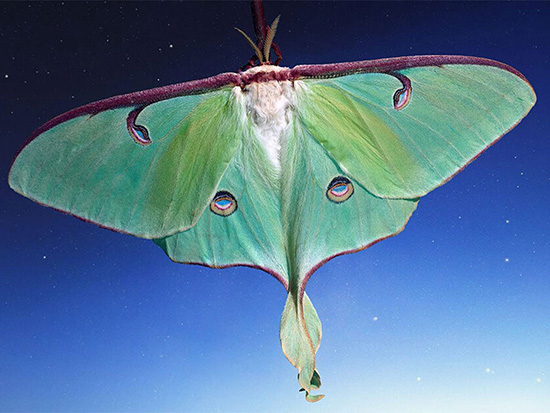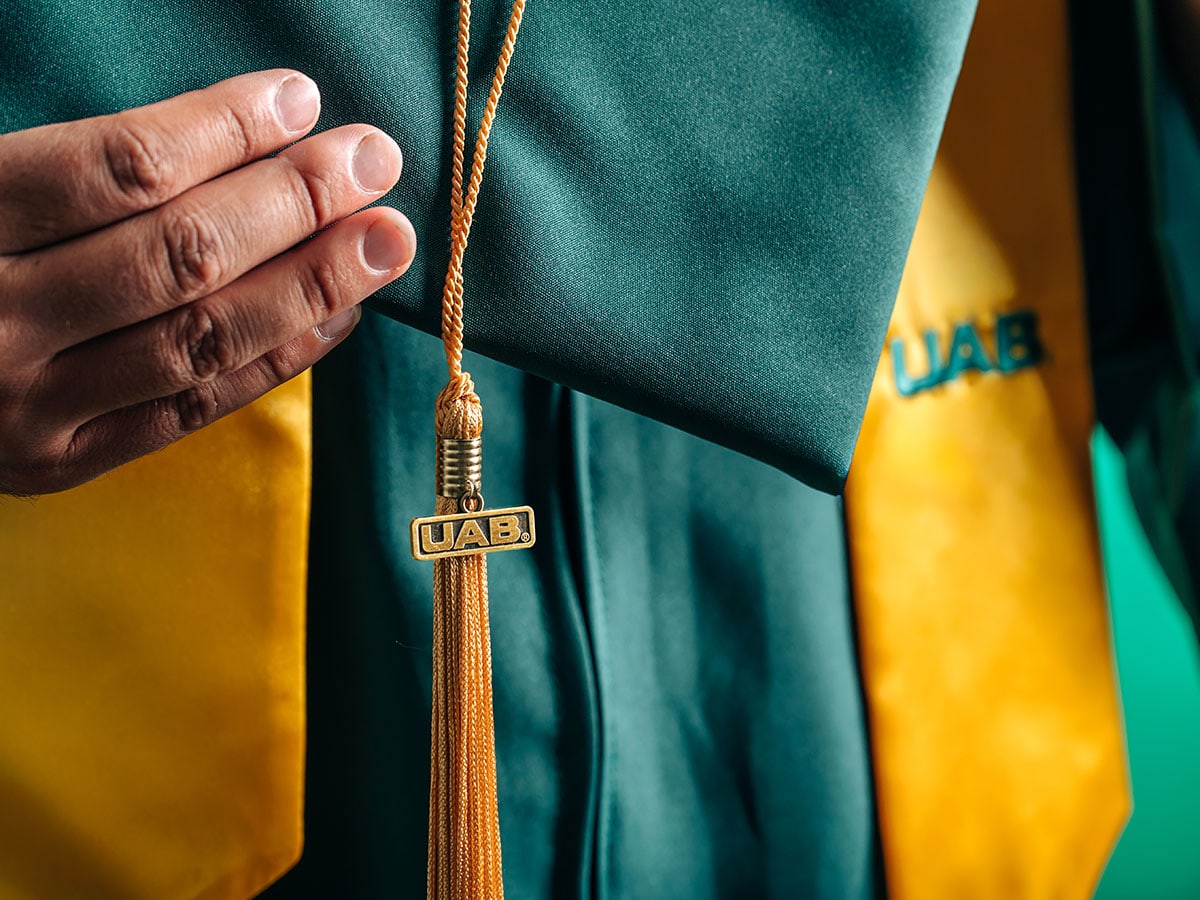Cooper Bailey, a senior majoring in the Undergraduate Neuroscience Program, writes about his experiences in the program and at UAB.
I never thought I would end up majoring in Neuroscience. There, I said it. I came from a very small high school (go Conquerors!) in a very small town and I had no idea neuroscience was even a thing that someone could get a degree in. Going into college I really had no idea what I wanted to do with my life. Sure, I had various dream careers throughout my childhood but I never really settled on one. I carried this indecisiveness as long as I could: up to my very first orientation day. College was such a different world, and I had a hard time comprehending what was going on around me. At the end of the day, all the future students were brought into a room and sat down at computers to declare a major and sign up for some classes. Needless to say I had never felt that scared before or since. I signed up as a Psychology major, as I have always been interested in behavior and I had never really been exposed to psychology before. It seemed like a good idea at the time, but little did I know that in a few short months my undergraduate plans would change drastically. A few months later I was sitting in my first psychology class when my professor, Dr. Carl McFarland, gave a short presentation about the undergraduate neuroscience program. Up until that point the only thing I knew about neuroscience was that it seemed to be the major of most of my classmates in the University Honors Program and that it sounded really cool. I thought his presentation was extremely interesting, so I met with him later to talk about neuroscience. We ended up talking about language centers in the brain, the various things that could affect them, and how people learned things on the synaptic level. One thing led to another and I walked out of that meeting with a brand-new major.
 I joined Dr. Jarred Younger’s Lab in the department of psychology the summer of my sophomore year. He had quite a few interesting projects going on, and the one I started to work on was a very large R01 clinical trial, where Kate Wesson-Sides was my mentor. Dr. Younger’s Lab is the Neuroinflammation, Pain, and Fatigue Lab, and the purpose of this particular clinical trial was to try and find a potential biomarker for chronic fatigue syndrome. This required the participants to come to UAB for 25 consecutive days and get some blood drawn, all while answering questionnaires on a tablet. Working on this project helped me understand that the most important part of clinical research is taking care of the participant. Some of these individuals lost their jobs or the ability to go about their daily lives because of chronic fatigue, and every day I worked with them opened my eyes more to how important this research was to them. My experiences in Dr. Younger’s Lab helped me realize that my actual dream career was working as a clinical psychologist.
I joined Dr. Jarred Younger’s Lab in the department of psychology the summer of my sophomore year. He had quite a few interesting projects going on, and the one I started to work on was a very large R01 clinical trial, where Kate Wesson-Sides was my mentor. Dr. Younger’s Lab is the Neuroinflammation, Pain, and Fatigue Lab, and the purpose of this particular clinical trial was to try and find a potential biomarker for chronic fatigue syndrome. This required the participants to come to UAB for 25 consecutive days and get some blood drawn, all while answering questionnaires on a tablet. Working on this project helped me understand that the most important part of clinical research is taking care of the participant. Some of these individuals lost their jobs or the ability to go about their daily lives because of chronic fatigue, and every day I worked with them opened my eyes more to how important this research was to them. My experiences in Dr. Younger’s Lab helped me realize that my actual dream career was working as a clinical psychologist.
It sounds really weird typing this, but I have spent the last four years’ worth of weekends and Wednesdays getting cross examined for a team sport. Yes, I did say cross examined. I have been a member of the UAB Mock Trial Team for four years now, and I got the privilege to serve as a captain of one of the teams this year. Mock trial is basically what it sounds like- a manufactured case is sent out every year to the competing schools from the American Mock Trial Association, and the schools compete against each other by trying one of the sides of the case (prosecution/plaintiff or defense). I can honestly say I have made some of my dearest friends through UAB Mock Trial, and some of the best memories I have made in college stem from going to mock trial competitions. Apart from the friendships and memories, mock trial has prepared me for a career in research oddly enough. Before mock trial, my public speaking abilities were not that great. However, as you can imagine, getting cross examined for four years’ worth of weekends certainly helps you with speaking in front of a group, and especially thinking on your feet. Communication is key to science. If you can’t talk to someone about your research, then what’s the point?
Although I never thought I would major in neuroscience, I am so glad that I did. The neuroscience program here at UAB has given me so many opportunities that helped me through my undergraduate career. It exposed me to countless researchers and scientists doing some amazing work in a field that continues to grow. The neuroscience faculty guided me through classes and career decisions that I would have been completely lost without. UAB has given me a perfect undergraduate experience through programs like neuroscience and the University Honors Program, which, through its interdisciplinary coursework, let me see science, and life in general, in ways I never could have imagined. I am eternally grateful to both the neuroscience program and UHP, and cannot begin to express in words the impact they have had on my life. Following graduation in a few short weeks, I will be starting back at UAB in the fall to pursue a Ph.D. in Medical/Clinical Psychology. One day I hope to help individuals suffering from eating disorders, and would like to research new treatments that can help those who experience these disorders. I can honestly say that without the amazing programs at UAB I would not know what I was doing after graduation. I owe everything I have to UAB, the neuroscience program, UHP, and of course mock trial.


